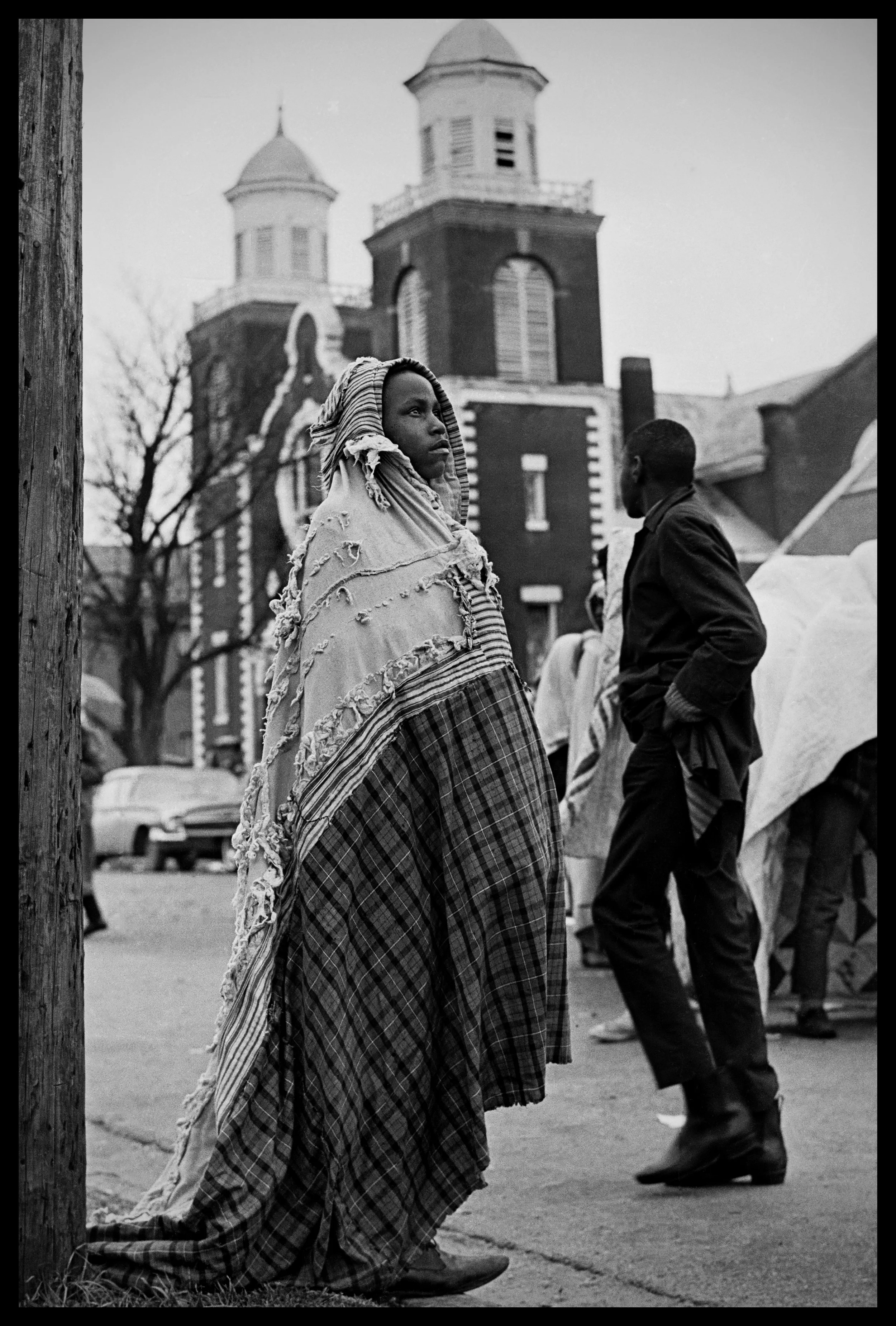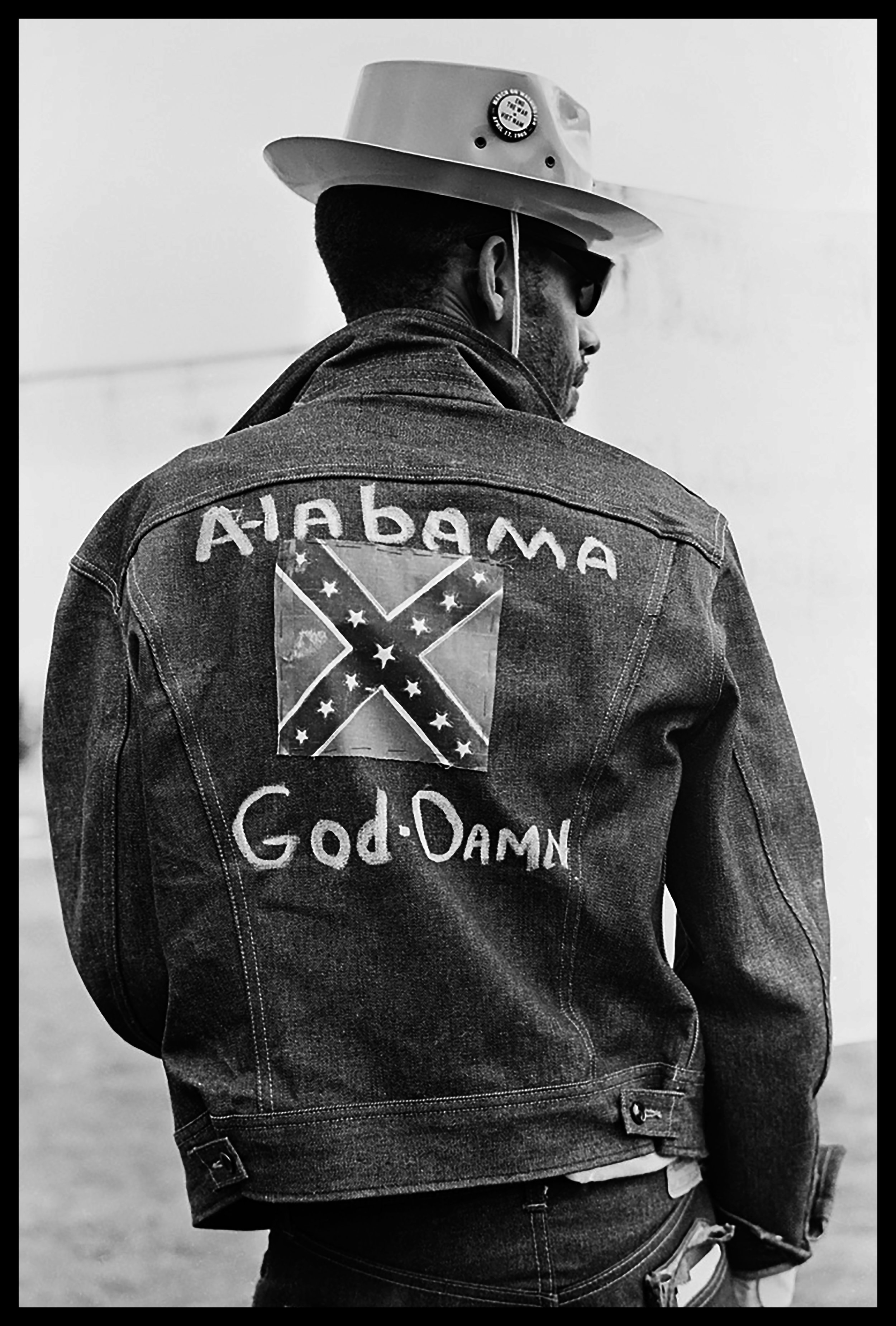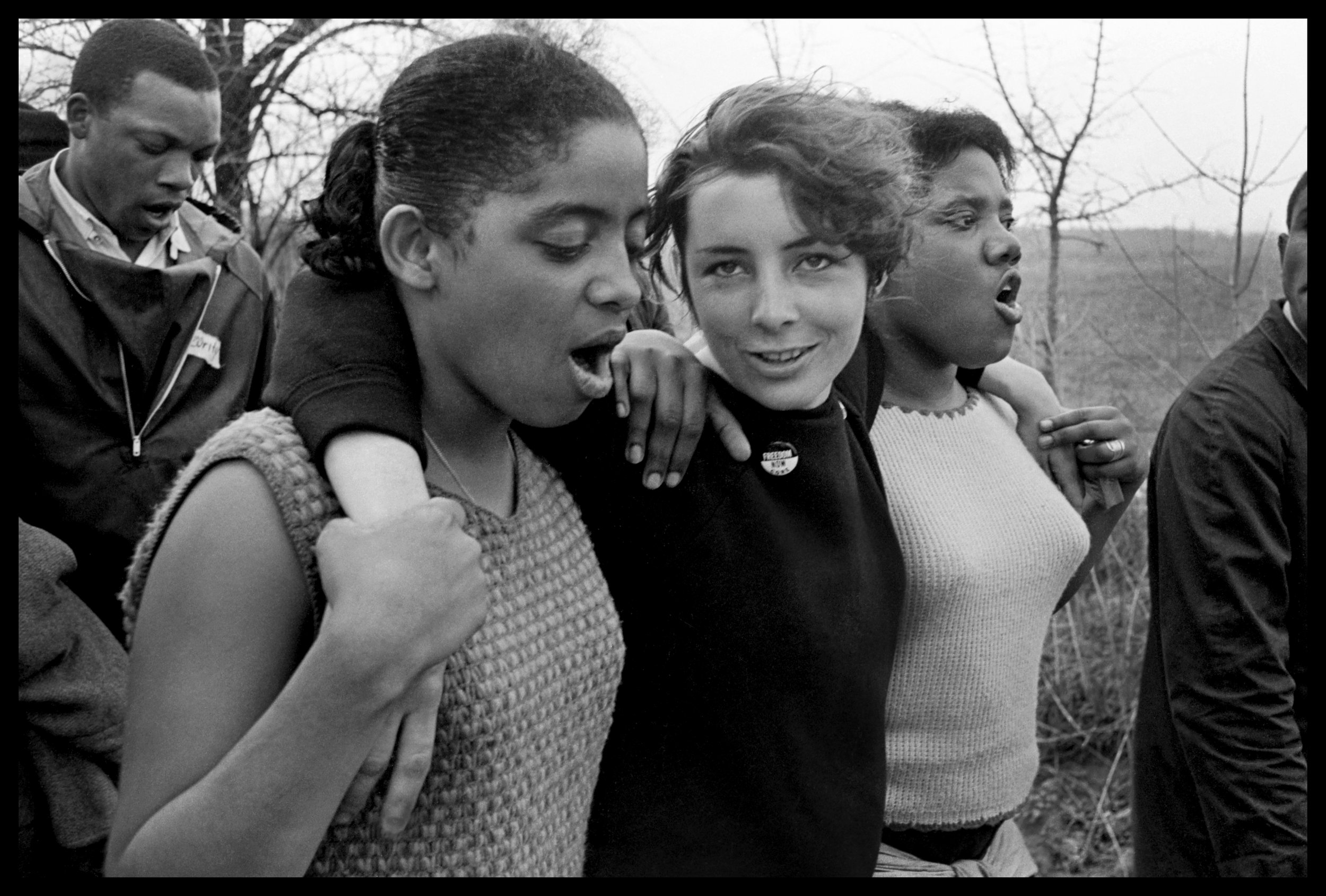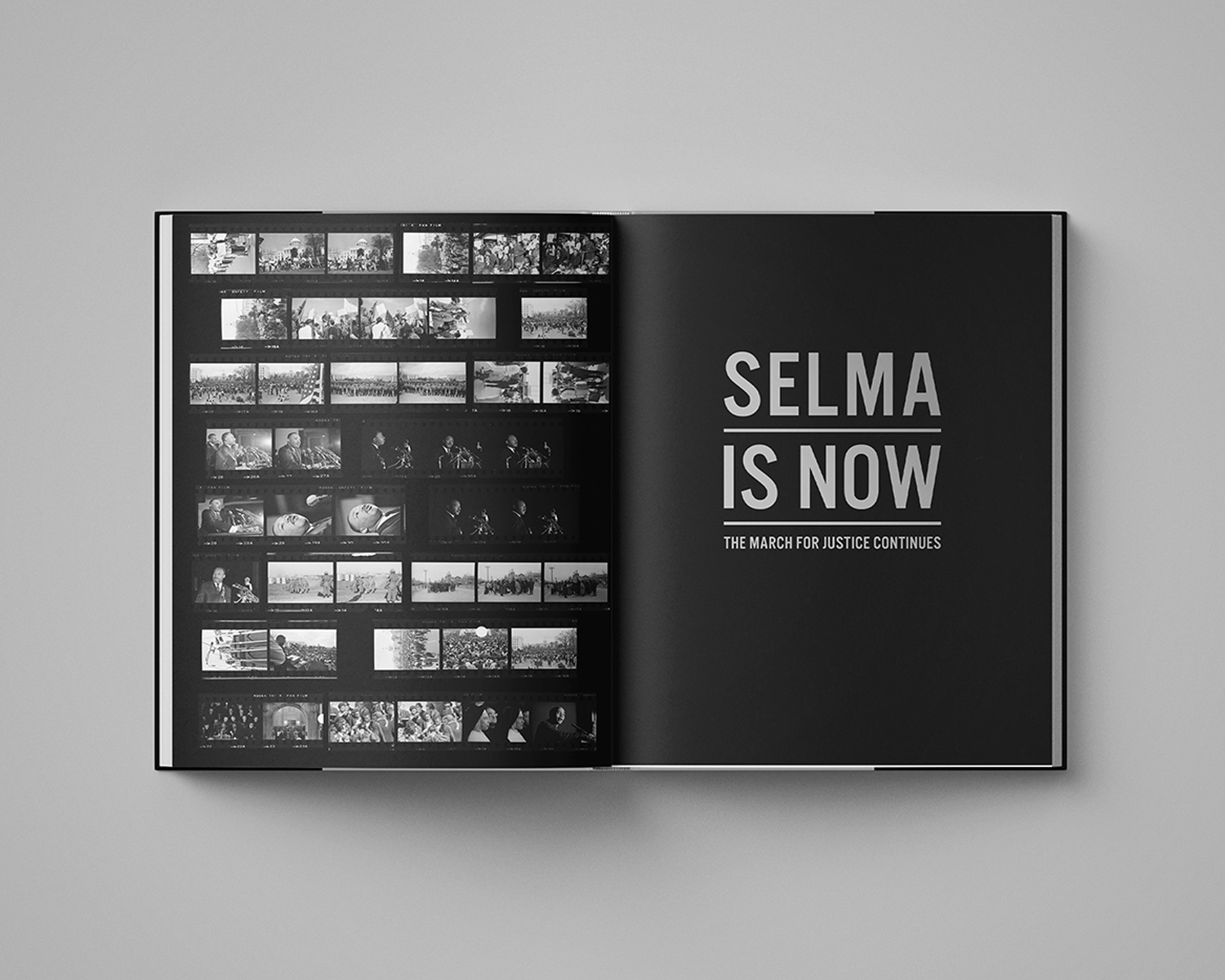Selma Is Now

60 years ago, America changed on the road between Selma and Montgomery.
A young photographer named Spider Martin was there to witness it all. But for decades, most of his images remained hidden away, feared to be lost.
In honor of the anniversary of “Bloody Sunday” and the moral courage that led to the Voting Rights Act, this groundbreaking collection of images have been meticulously restored into a book produced by 1504 and published by the University of Texas Press.
As America confronts new challenges to equal rights, Selma reminds us that the march for justice continues.
Featured work
The Book
“Selma Is Now: The March for Justice Continues” presents rare, newly-restored images of the groundbreaking Selma to Montgomery marches. This collection features commentary from Pulitzer-Prize Winning Historian, Doris Kearns Goodwin, and essays from the daughters of activists such as Andrew Young, James Bevel, and Hosea Williams. This book was made in collaboration with Doug McCraw and Spider Martin’s daughter, Tracy. Featured in The Guardian.
GALLERY

Of the thousands of photo negatives from Spider Martin’s collection, these were meticulously restored over several years by Karen Graffeo, bringing new clarity and urgency to these images.

Spider Martin became very close to John Lewis and many of the other activists, so this book includes a posthumous essay from Lewis and new writing from descendants of the movement.


While many of the images have become famous among photojournalists, Spider Martin's last book had been out of print for years, so this brings his work to a new generation to coincide with the 60th anniversary of the Voting Rights Act.

1504 worked with the designer Robert Finkel from Auburn University to gather samples of Spider's handwriting to give this more of a real-time journalistic experience for the reader rather than taking a more traditional historical text approach.

In conversation
Spider, we could have marched, we could have protested forever, but if it weren’t for guys like you, it would have been for nothing. The whole world saw your pictures. That’s why the Voting Rights bill was passed.
— Dr. Martin Luther King, Jr., 1965



